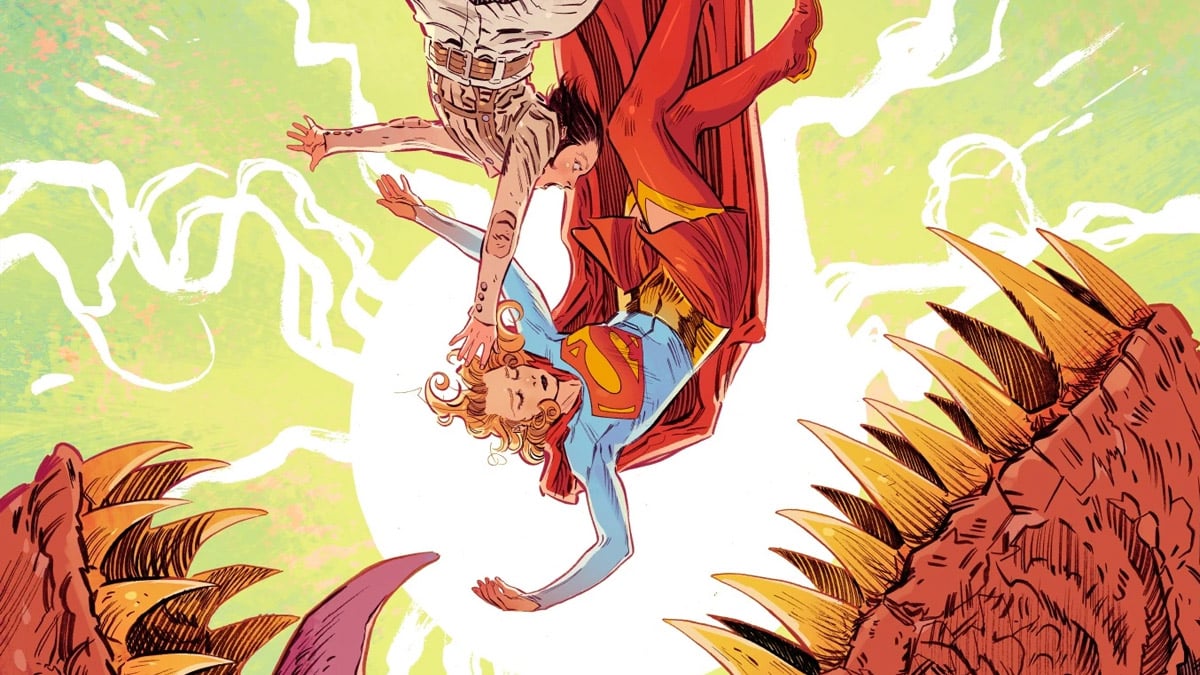The new-look DC Universe, masterminded by DC Studio heads James Gunn and Peter Safran, is taking a new approach to bringing decades of comic book stories to the screen. The pair are taking on Marvel’s success at translating its continuity-fueled universe from the page to create a consistent and connected multiverse of their own.
Gunn has a proven history of making lesser-known superhero teams work on-screen. True to form, DCU’s first chapter, Gods and Monsters, will kick off with a reboot of the fairly obscure terror team, Creature Commandos. Written by Gunn, that modern reboot is unlikely to pick up many storylines from the title’s 1970s and 1980s run, but it will sit alongside features and series that directly adapt some modern DC stories.
Gunn and Safran are clearly emphasizing relationships and storylines that have been tried and tested on the page. One DC creator who has significantly impacted that approach is Tom King.
A seasoned writer
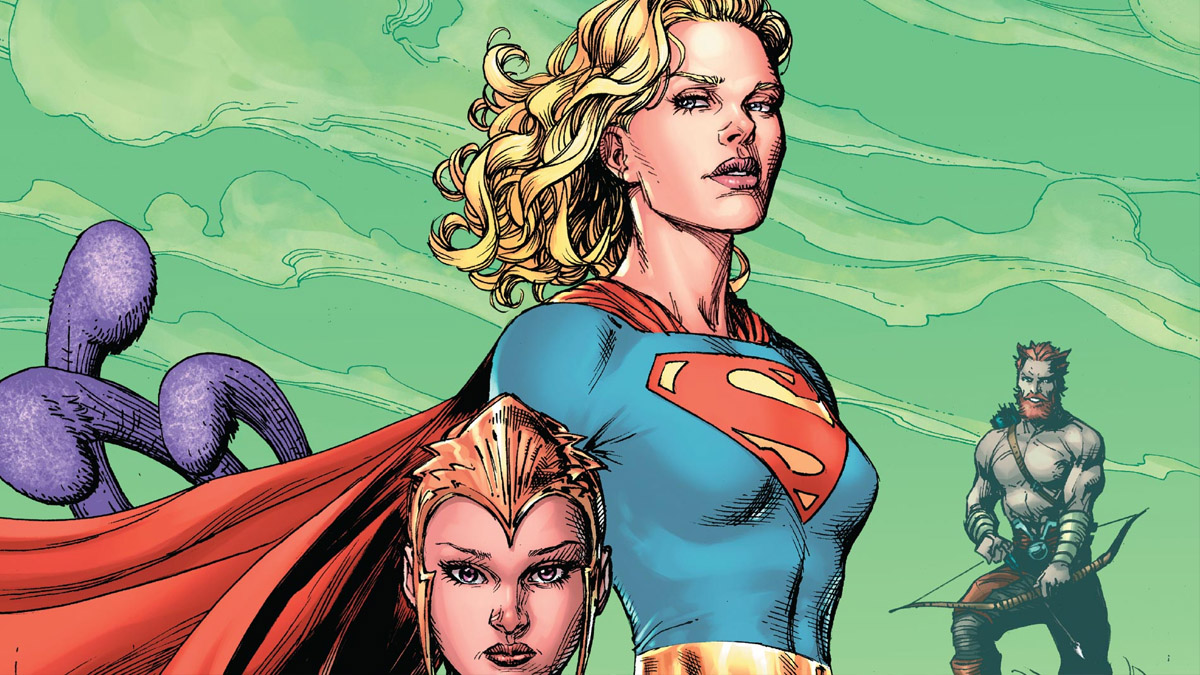
King’s reputation has soared in recent years, although his storytelling style remains an acquired taste for some. Fond of playing with the medium (for a good reason), his writing calls back to the pre-Image era, when comic pages were often full of stream-of-consciousness prose and thought bubbles.
It’s no surprise that King once interned at Marvel under legendary X-Men writer Chris Claremont. In the modern age, where comic writing tends toward less is more, King has established himself as one of DC’s trailblazers at reinvigorating established and obscure DC characters.
Heroes and legends
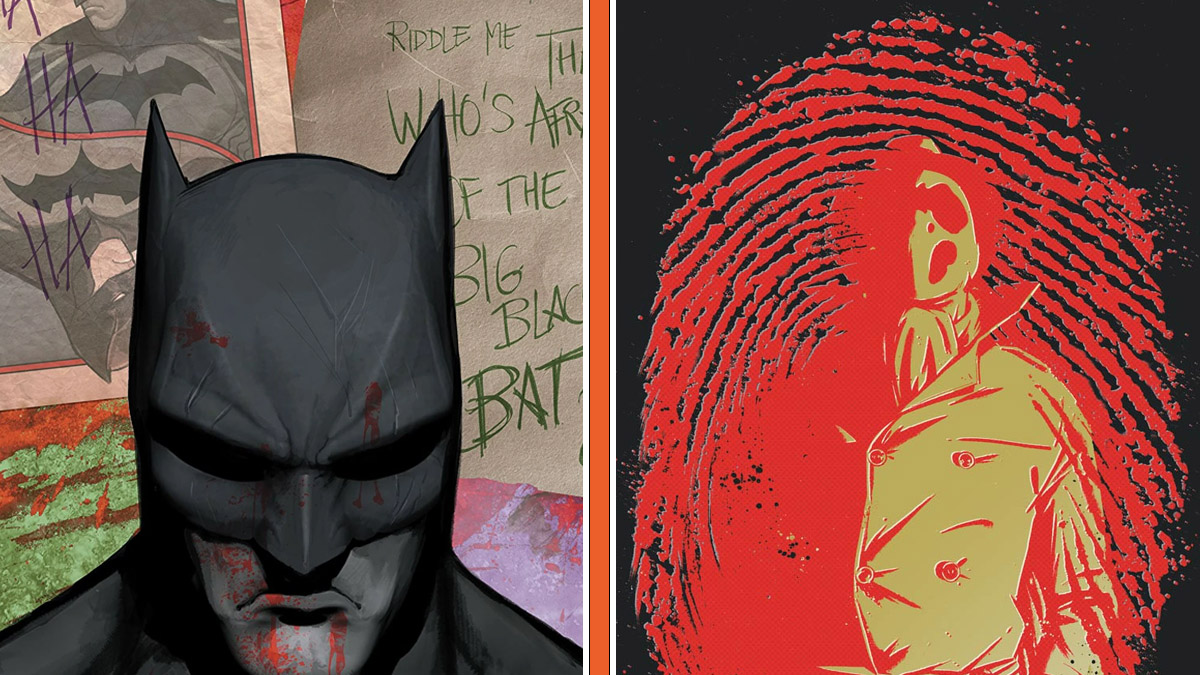
King may be most famous for his run on Batman and the unenviable task of following Grant Morrison and Scott Snyder as the chief writer of the Dark Knight. That run inevitably split fan opinions, but handed us undeniably classic arcs like The War of Jokes and Riddles. His Rebirth era arc ended prematurely, but that didn’t stop his commitment to a classic Bat-romance. Having brought the pair to the altar, Bruce Wayne and Selina Kyle’s relationship was spun into King’s 12-part mini-series Batwoman/Catwoman.
Self-contained arcs and volumes like Batman/Catwoman helped establish King’s name. He followed his influential Marvel mini-series The Vision by joining DC for the new Grayson title as it branched out of Nightwing. As the former Robin surrendered his superhero mantles to become a spy, former CIA operative King added a vital slice of autobiography to the run.
Given his lyrical style, it’s understandable that King has been a perfect fit for reviving and re-examining Golden, Silver, and Bronze Age heroes. He’s recharged The Omega Men, Mister Miracle, Human Target, and Strange Adventures titles.
King’s miniseries sat alongside his work on direct continuity DC comics. He helped solve the riddle of DC: Rebirth in The Button, while Heroes in Crisis showed his excellent grasp of DC lore and ability to dive into characters like Booster Gold to reveal hidden depths. His Rorschach series was one of DC’s more accepted dives into the extended Watchmen universe.
King’s current series, Gotham: Year One, indicates he’s not finished with Batman’s hometown yet, just as the Danger Street miniseries continues his exploration of the more obscure parts of the DC multiverse. King’s influence is strong on the page, but his fingerprints are also all over the DCU.
Adapted for the DCU
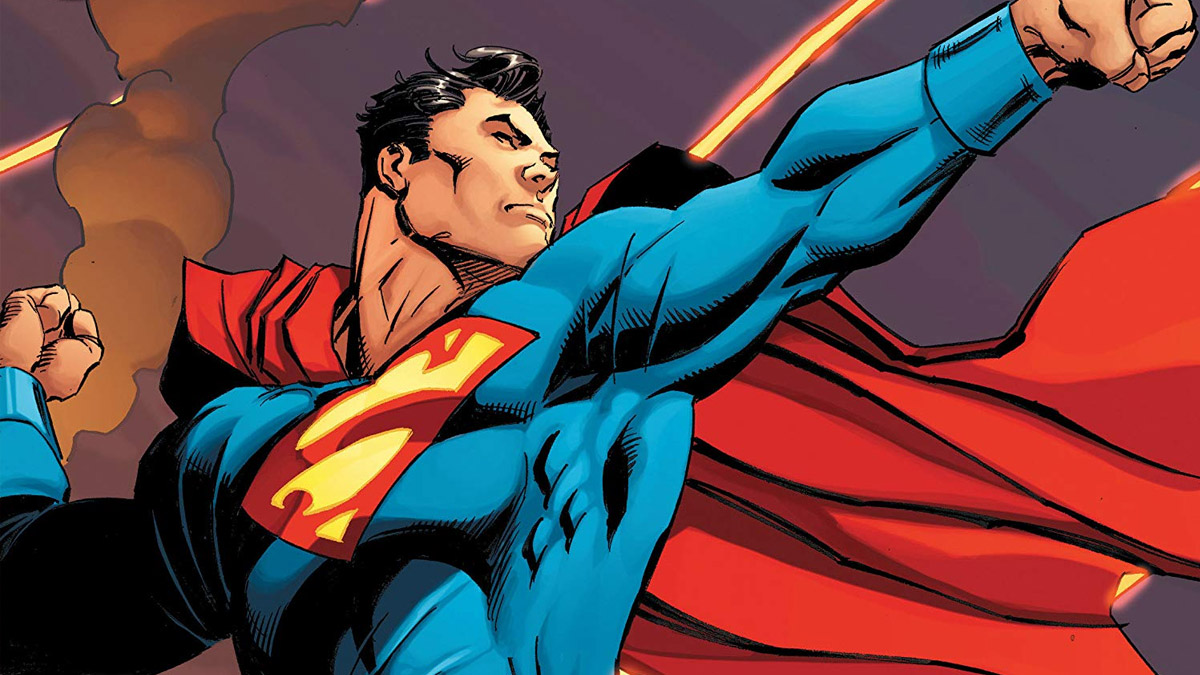
King’s most notable direct influence on the DCU is the planned adaptation of his Supergirl: Woman of Tomorrow 8-issue mini-series. In his January DCU announcement, Gunn name-checked King for the 2021-2022 story he co-created with Bilquis Evely. The news caused the collected paperback — an excellent introduction to King’s style — to sell out. Despite its typical narrative viewpoints and prose-led character building, it works beautifully with Evely’s stunning artwork in presenting a modern Supergirl (with customary nods to DC’s past).
King has consistently written strong and fresh character arcs, particularly for female superheroes — two women notably lead Supergirl. But his fresh take on familiar personalities can sometimes turn fan favorites into controversial areas. King was upfront about what’s probably his most divisive book, Heroes in Crisis, from the start. Speaking at New York Comic Con in 2022, He admitted that, given a second go, he would probably drop “Crisis” from the title and handle the cast — particularly the central role of Wally West — much differently.
Still, that edge has helped the writer become crucial to DC’s output over the last decade. It’s a great sign that the DCU is keen to adapt stories like Supergirl: Woman of Tomorrow, but that isn’t where King’s influence on the new multimedia universe ends.
The Gunn-written movie Superman: Legacy looks to have Morrison’s All-Star Superman in its sights, but there could be a nod to King’s Superman: Up in the Sky. That intergalactic odyssey starring the Man of Steel is a great companion to his Supergirl volume.
Similarly, the new Batman movie The Brave and Bold will take its lead from Grant Morrison’s Batman and Son and other stories. But as a critical Batman writer of the past decade, King is part of a select crew who have helmed the modern Batfamily, including his uncompromising son (he even navigated Robin War).
Joining the DCU writer’s room
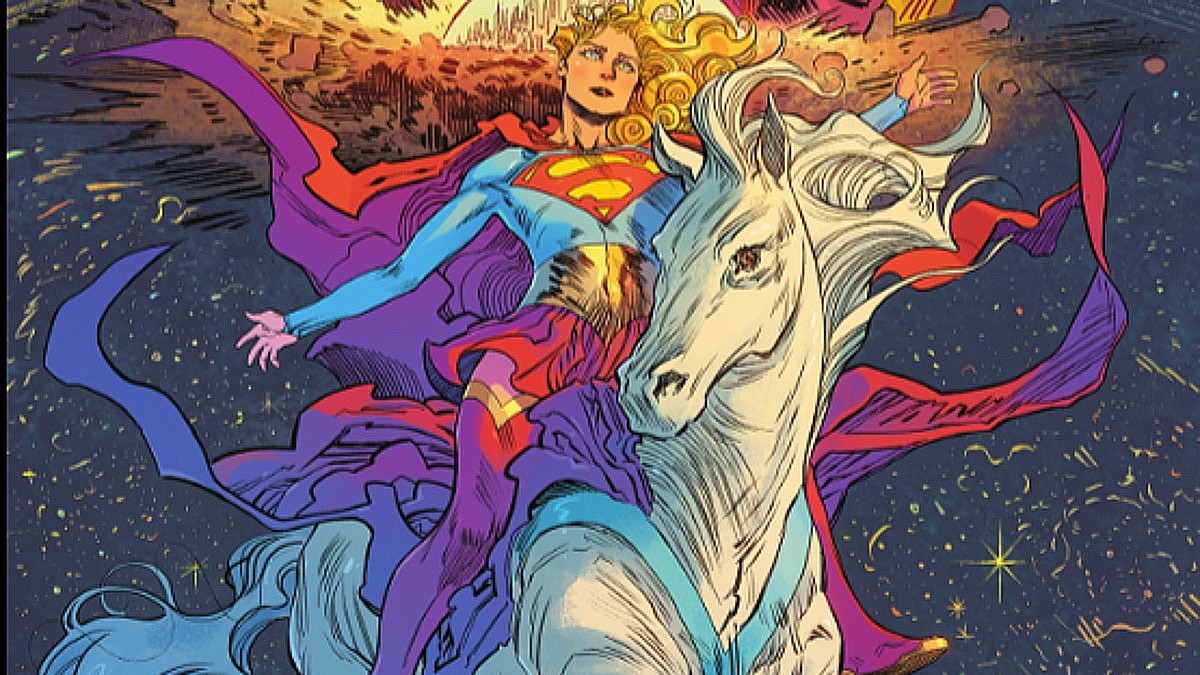
King’s influence will be more direct than inspiring the stories and characters of the DCU. It’s telling that King and Morrison are two major influences on DC Studio’s new direction, who have seen recent attempts to write for the screen fall through.
Grant Morrison worked with Ezra Miller on one iteration of many The Flash scripts, while many fans were hyped when King and Ava DuVernay joined forces for a New Gods script. Both projects fell through under the previous DC regime. However, unlike Morrison, King is on board as part of James Gunn’s writers’ room.
King joins former potential Sinister Six helmer Drew Goddard, Birds of Prey writer Christina Hodson, Doom Patrol veteran Jeremy Carver, and Watchman old-hand Christal Henry.
There’s some epic comic book pedigree with a foot firmly planted in practical experience of the comic book boom on big and small screens. But it’s Tom King, who took on his first regular DC series less than 10 years ago, who is the unmissable link back to the page.

